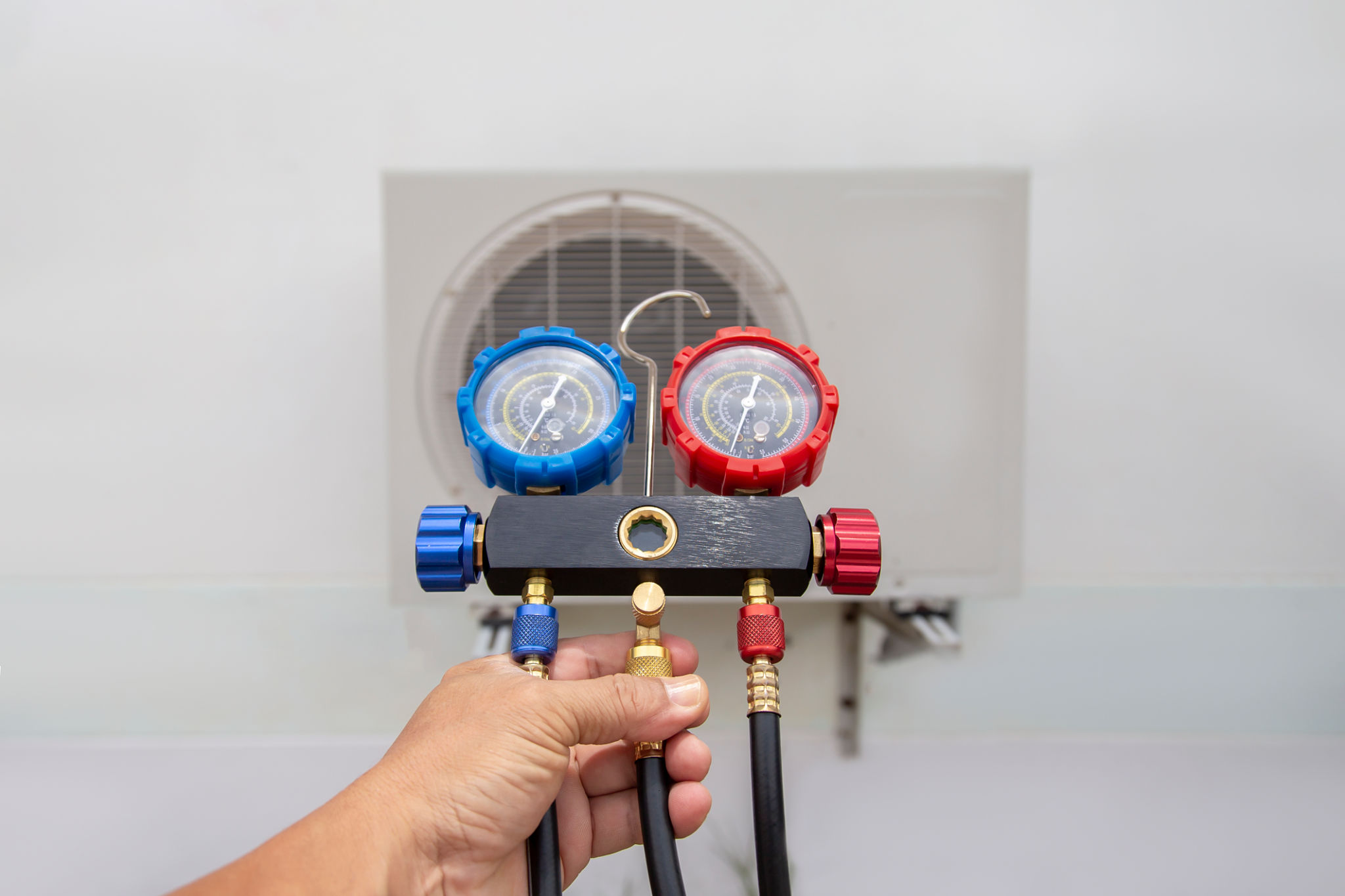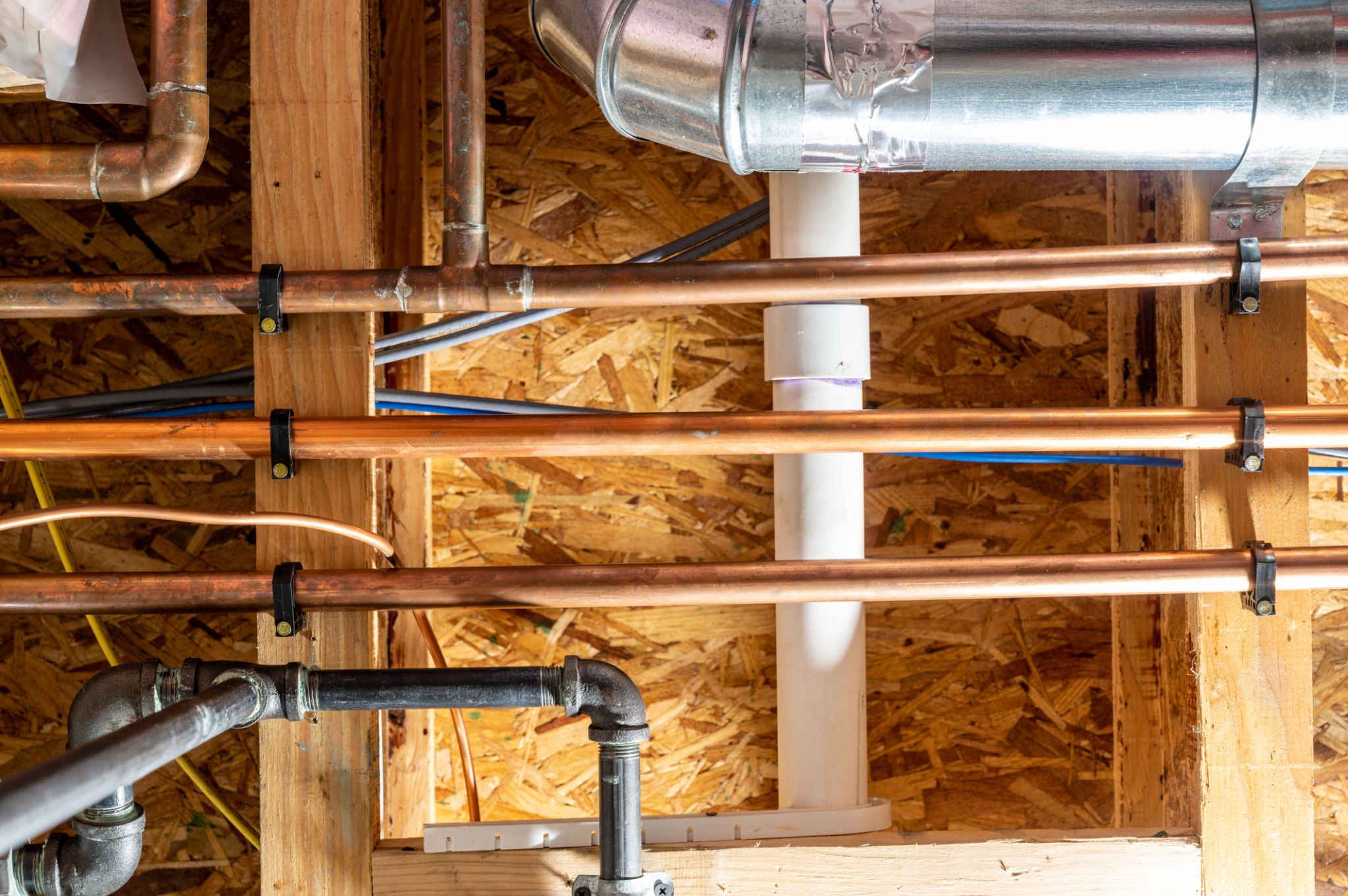Understanding Local Regulations for Water Heater Installations in Manitoba
Understanding the Importance of Local Regulations
When it comes to installing a water heater in Manitoba, understanding local regulations is crucial. These regulations ensure safety and efficiency, protecting both homeowners and the community. Ignorance of these regulations can lead to costly mistakes, penalties, or even dangerous situations. Therefore, it’s essential for homeowners and installers to familiarize themselves with the rules set forth by local authorities.

Permit Requirements
Before starting any water heater installation project in Manitoba, you must obtain the necessary permits. This process typically involves submitting an application to the local municipal office. Permits are crucial because they ensure that all installations comply with the provincial building code. Without them, you may face delays or be required to remove or redo the work, which can be costly and time-consuming.
The permit application process generally requires detailed information about the installation, including the type of water heater being installed, its capacity, and the location within the property. Ensuring that you have all this information ready beforehand can streamline the process significantly.
Standards and Codes
Manitoba follows strict building codes and standards that dictate how water heaters should be installed. These codes cover various aspects such as the type of piping material used, venting requirements, and safety measures. Adhering to these standards is not just about compliance; it also ensures that your water heater operates efficiently and safely.

One critical aspect of these standards involves proper venting to prevent carbon monoxide buildup. Improper venting can lead to serious health risks, so it's crucial that this part of the installation is done correctly and in accordance with local standards.
Choosing a Qualified Installer
Hiring a qualified installer is another vital step in ensuring compliance with local regulations. A licensed professional will have the necessary knowledge and experience to navigate local codes and perform the installation safely and efficiently. Always verify that your installer has the appropriate certifications and a solid reputation for quality work.
Having a professional handle your installation not only guarantees compliance but also provides peace of mind that the job will be done correctly. This can prevent future issues and potential safety hazards.

Inspections and Final Approval
After the installation is complete, an inspection by a local authority may be required to ensure compliance with regulations. This is an essential step in the process as it provides an official confirmation that your installation meets all necessary standards. Failing an inspection can result in additional costs and delays as any issues must be addressed before approval is granted.
The inspector will look for compliance with safety protocols, proper installation techniques, and adherence to all relevant codes. Ensuring everything is up to standard before the inspection can help you avoid unnecessary complications.
Consequences of Non-Compliance
Failing to adhere to local regulations can lead to several negative outcomes. These may include fines, increased insurance premiums, or even being required to remove non-compliant installations entirely. More importantly, non-compliance can compromise the safety of your home and its occupants.
Therefore, taking the time to understand and follow local regulations not only protects you legally but also ensures a safe environment for your family. Always prioritize compliance when undertaking a water heater installation project in Manitoba.
